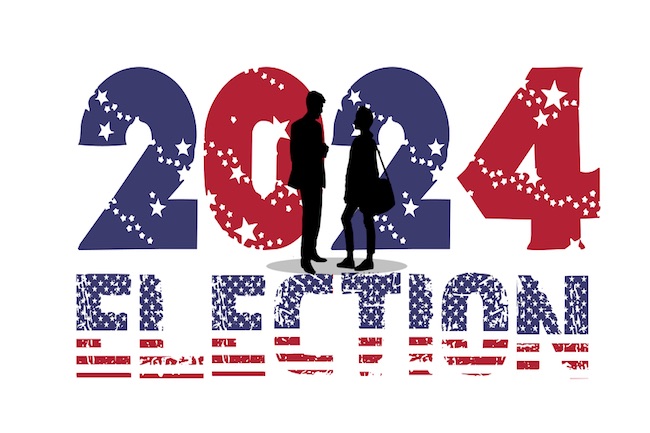The Cost of Free Money by John Stossel for Town Hall
Some politicians and activists are eager to give you “free” money.
They call it universal basic income (UBI) — cash for everyone, no strings attached.
Comedian Dave Chappelle thinks UBI would “save my community almost instantly.”
In my new video, UBI activist Conrad Shaw agrees, “You would effectively get rid of extreme poverty immediately.”
He says a UBI will help people “start businesses, fix their homes or invest in sustainable gardens.”
Well, “sustainable gardens” might be nice, but someone still has to make stuff. And that requires work –often difficult work.
When I was young, If I hadn’t needed to work to support myself, I wouldn’t have pushed so hard to overcome my fears, my stuttering and my reluctance to speak publicly. I wouldn’t have become successful. I might have stayed in bed most of the day.
But Shaw disagrees. “I don’t believe you,” he says. “Nobody actually wants that … people find their passions not simply because they need to make money.”
We could argue about this all day. It would be nice if someone ran a serious test of UBI — give a lot of people significant money for, say, three years. Would people still work? Improve their lives? Their families’ lives?
It turns out that Sam Altman, the guy behind ChatGPT, helped create such a test. His big study gave 1,000 low-income people $1,000 per month for three years — no strings attached. What happened?
Not the great things that were promised. After three years of getting $1,000/month, UBI recipients were actually a little deeper in debt than before.
Why? Because they worked less. Their partners did, too.
Some recipients talked about starting businesses, but few actually tried it. Most who said they did start a business waited until the third year of the study — when their free money was about to end.




